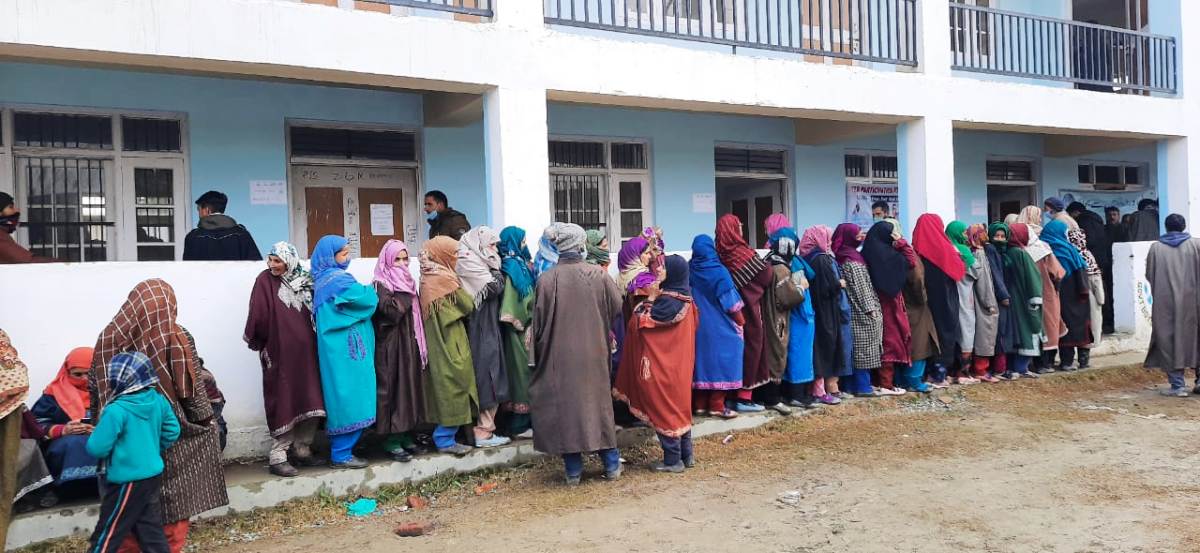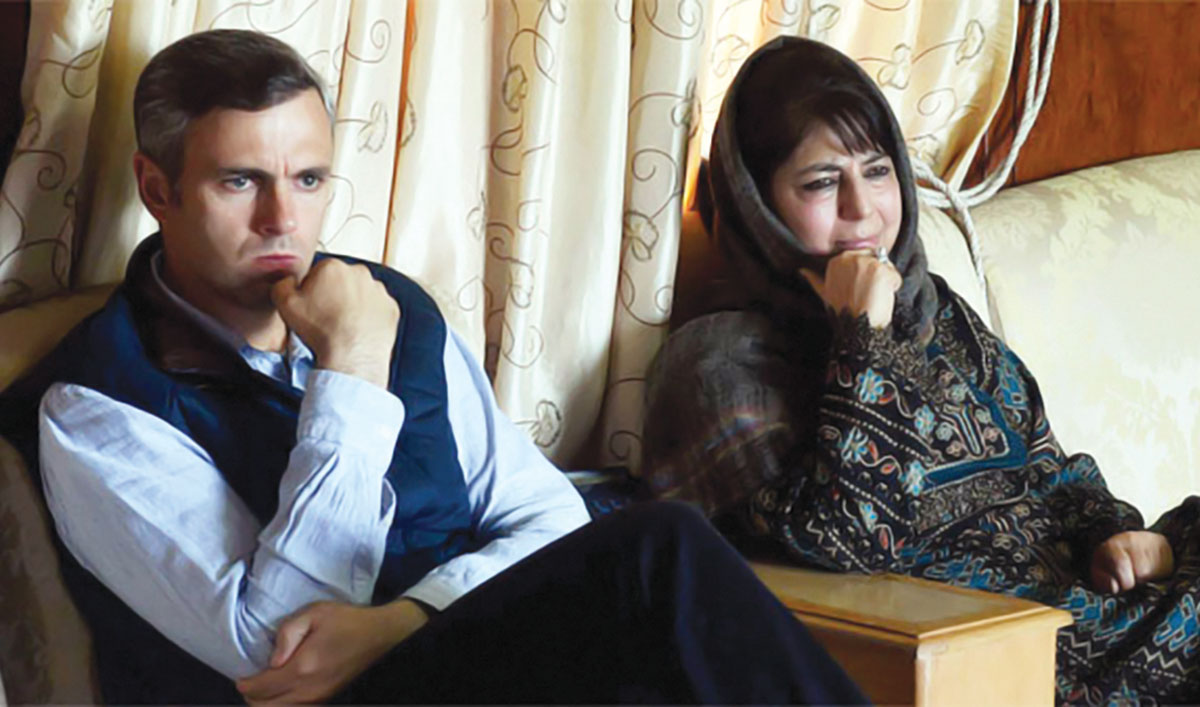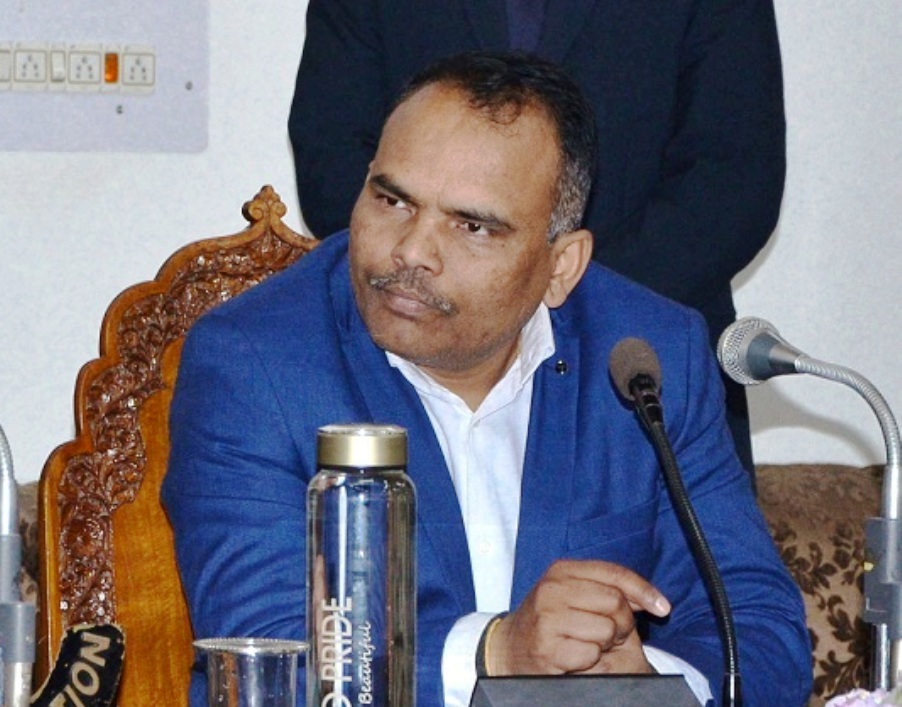SRINAGAR: Aisha, a three-year-old (name changed), undergoes continuous therapy for virtual autism. Excessive screen time and parental absence contributed to her condition.
“Our kid was being taken care of by grandparents. She was used to mobile phones which escalated virtual autism in her. Now, we have reduced her screen time, and she is being constantly monitored by the experts,” said Mohammad Akram , Aisha’s father.
Last year, Kashmir saw an increase in cases of virtual autism, with 78 children registered at the Child Guidance and Wellbeing Centre (CGWC).
In 2022, 75 children with autism were registered at CGWC and prior to that 189 autism cases among children were registered from 2019-2021.
Doctors said they have seen nearly 50 percent to 60 percent of children with virtual autism in the last two years.
They reveal that the major cause behind the rise in virtual autism was the lack of parental care followed by exposure to the screens.
“We witnessed that the majority of the virtual autism cases belonged to nuclear families and had both their parents working. These children have been taken care of by either grandparents or a caretaker, who exposed the children to mobile phones. Maximum exposure to the screen caused virtual autism among these children,” said Dr Abrar Guroo, a Consultant Psychiatrist at Institute of Mental Health and Neurosciences (IMHANS) at SMHS Hospital.
He said the children who have their parents working, have been found more vulnerable to virtual autism.
Dr Guroo said the parents need to follow the international guidelines for restricting the use of mobile phones among children below the age of five.
“Children shouldn’t be exposed to mobile phones. They should be involved in other activities that lead to cognitive development among children. We also need to monitor the content the children are consuming,” he said.
Pertinently, a fresh survey by Baatu Tech, a smart parenting solutions company, has revealed that 95 per cent of Indian parents are deeply concerned about screen addiction.
The survey conducted among 3,000 participants revealed that an overwhelming 95 per cent of Indian parents are deeply concerned about screen addiction, while 80 percent and 70 percent expressed worries regarding gaming addiction and adult content consumption, respectively.
Studies have indicated that excessive screen time can negatively impact children’s physical and mental health, hinder cognitive development, and impede social interactions. One area of particular concern is the rising trend of gaming addiction among children—(KNO)















